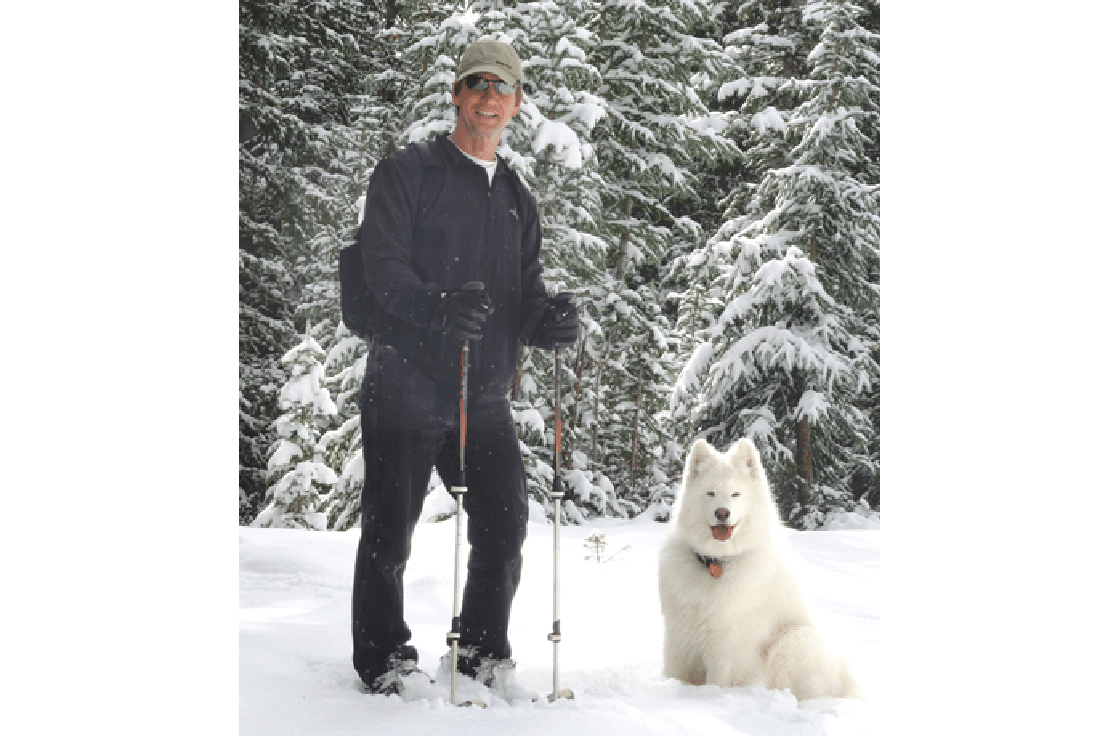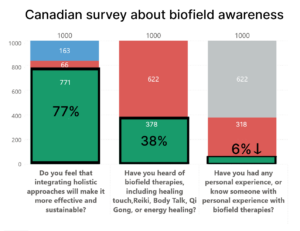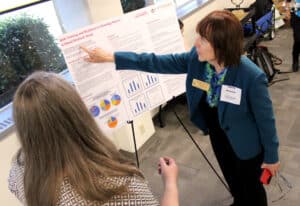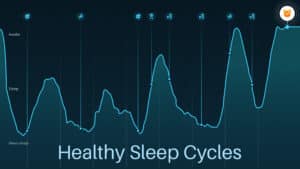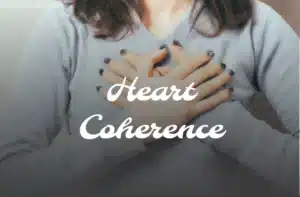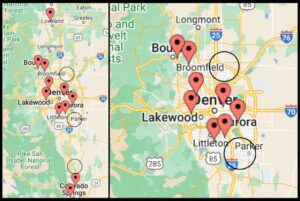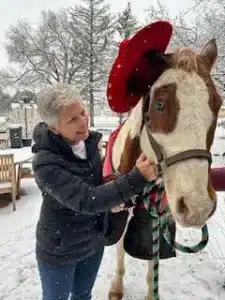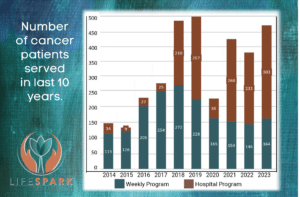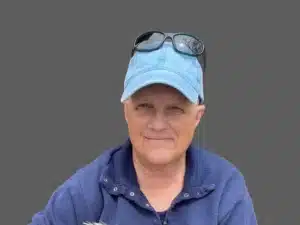By Bob Reynolds
Frank Dow is 62 years young: slim, tan, active in his retirement. He likes to cross-country ski with his Samoyed dog, and he and his wife just spent a week in Hawaii. He had a job as an independent manufacturer’s representative, and co-headed a small firm. But in the summer of 2012—six months before he retired—he hit the top of his head. “I got a good cut up there. When it healed it healed really weirdly,” Frank recalls.
Although he was predisposed to skin cancer from years of sun growing up in Florida, it didn’t occur to him to connect a nasty bump to possible cancer. When he eventually did see a dermatologist in March of 2013, the doctor found a large tumor on the top of Frank’s head, though she couldn’t identify what kind it was, and sent it to several labs to identify.
Frank’s doctors finally figured out the tumor was spindle cell melanoma, which, fortunately, is a “slow-growth” cancer. He underwent surgery right away. The surgeon made an incision from his ear down his neck, where they took out his lymph nodes, followed by the tumor on his head. Four days later they removed part of his skull in a separate surgery. Frank’s tumor was 6.8 centimeters long, which made it a Stage V Breslow’s depth tumor.
The cancer hadn’t metastasized, and the doctor didn’t know why. His melanoma was diagnosed as Stage II C. His surgeon initially told Frank he had less than a 50% chance of surviving two years. After his tumor was removed the surgeon had declared, “If it comes back, you’re a dead man.” Spindle-cell melanomas are often the same color as the patient’s non-affected skin, so they’re often not caught until the cancer has advanced. On the other hand, since it’s a slow-growth cancer, it doesn’t spread as quickly as other types of melanoma.
It was six or eight months before Frank was able to talk about his cancer. “The ‘C’ word just put me into a tailspin,” he recalls. Frank has a good friend whose wife, Sue Scudder, happened to be a Reiki practitioner. One day over lunch they told Frank about LifeSpark and Reiki, a therapy for people going through cancer. Never having heard of Reiki before, he was skeptical at first, but he met with Sue and talked about treatment, and subsequently signed up for some visits with her. He remembers, “I was so exhausted after the first session that I went home and slept for two hours. [Reiki sessions are] like getting ten full-body massages!”
The day after that first session Frank felt better than he had in a long time. At first he saw Sue every week; now he goes twice a month. The best part of his Reiki experience, he says, is Sue herself. “I give her all the credit. Even just her voice, how she handles herself—I really have a connection with her. Reiki is her calling. She’s so gifted at helping you release your negative emotions.”
During a session, Frank says, “I’m not asleep, but I’m not awake either.” Frank describes sessions as “the most relaxing, peaceful—spiritual, even—thing I’ve ever done … It keeps me positive.”
Frank’s surgeon said there is a new “wonder vaccine” for patients with melanoma. The catch was that the new drug is effective only in patients who happen to have a special gene, known as BRAF mutation. His surgeon told him he didn’t have the mutation, and Frank despaired of benefitting from such a vaccine. However, his new oncologist re-tested his tumor, and to his surprise and relief, he turned out to have the gene after all.
Recently, though, his dermatologist found a basal cell on his forehead. It was a Stage 2, with a 50% chance of recurrence. Frank underwent Mohs surgery, in which tissue is checked as soon as it’s removed, right there in the same facility. If the tissue’s periphery shows positive for cancer, the surgeon goes back immediately and excises more tissue until what remains of the tumor is gone. This process eliminates the need for a second visit, and the wait for results to come back from a lab off-site. That surgery left Frank with 18 stitches.
Since starting his Reiki treatments, in spite of his surgeon’s grim initial assessment, Frank has had a good prognosis for recovery. His original doctor had told him when he was first diagnosed that he would need a PET scan every six months, and a full-body inspection every three months. But when Frank recently visited his oncologist for his one-year-anniversary body inspection, he got some unexpected good news. He was told that he checked out with no tumors, and wouldn’t need the next scheduled PET scan.
Frank’s doctors have reacted positively to his seeing a Reiki practitioner. Because of how much he benefits from it, he would urge all conventional medical doctors to experience a Reiki session themselves. “Reiki gets me back in line, puts me in a trance-like state. When I wake up I’m totally refreshed.” The sessions have helped him banish negative thoughts and the depression that often comes with having cancer. Little wonder, then, that Frank wants to share with more people the experience that has been such a positive force in his life.

